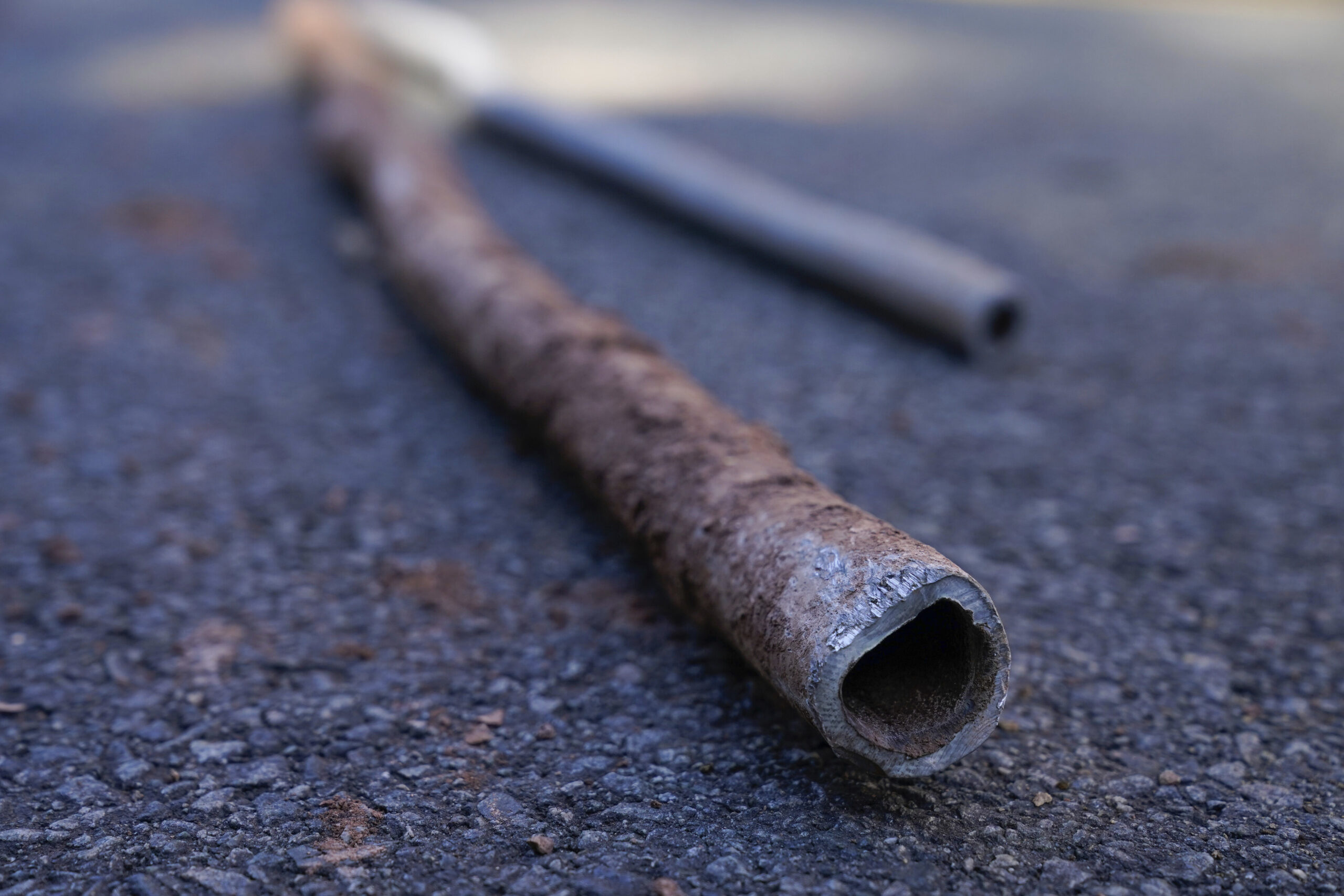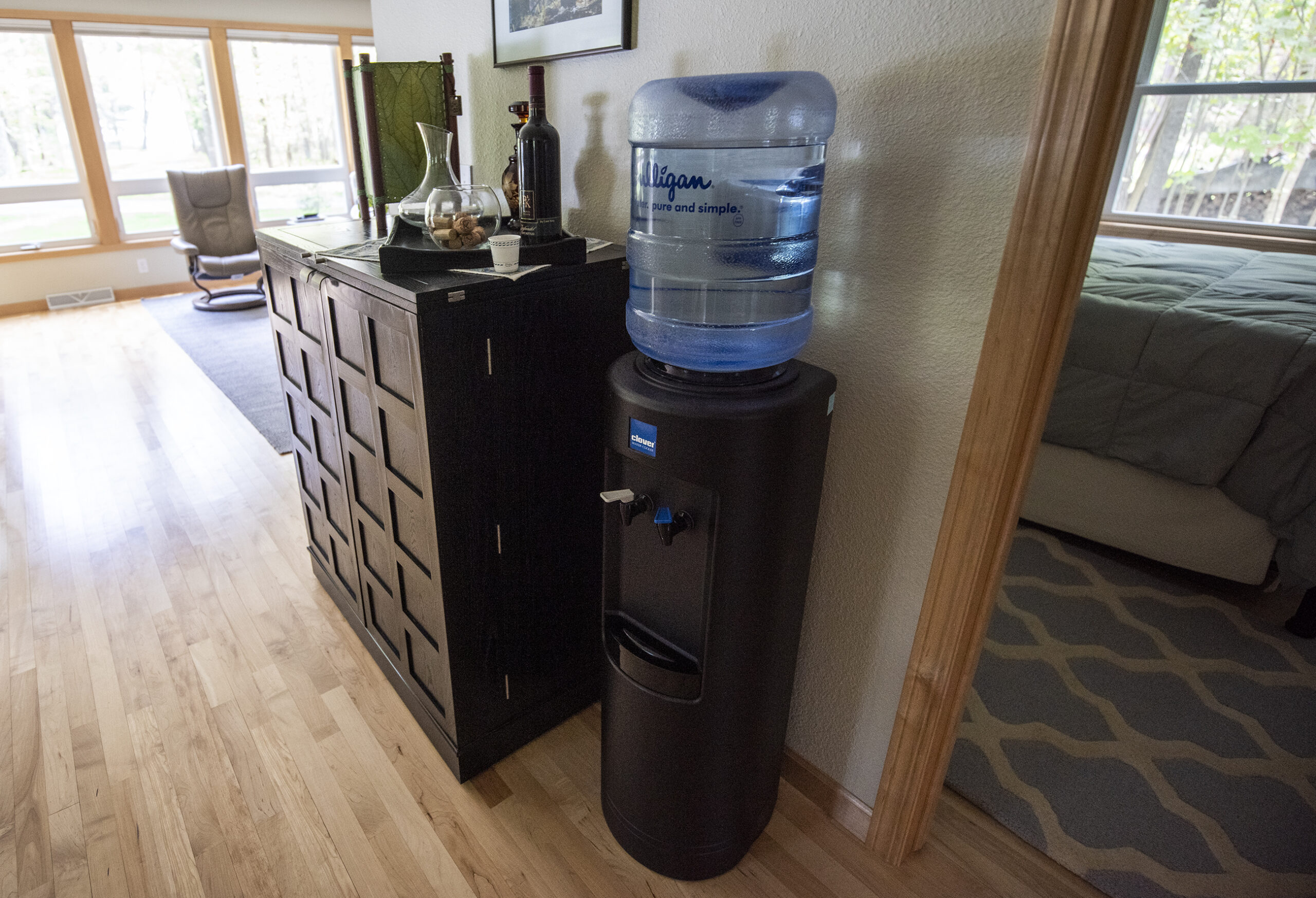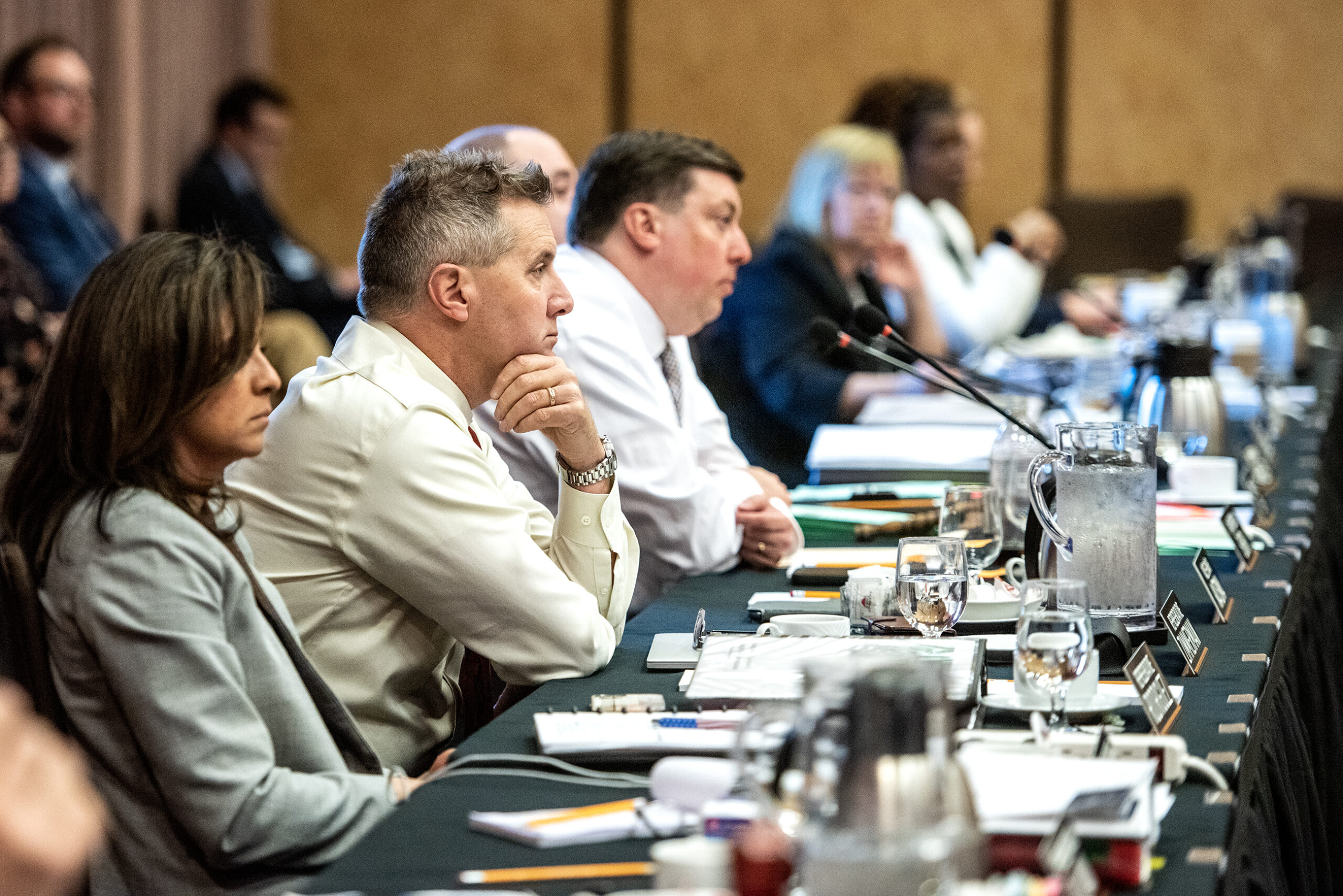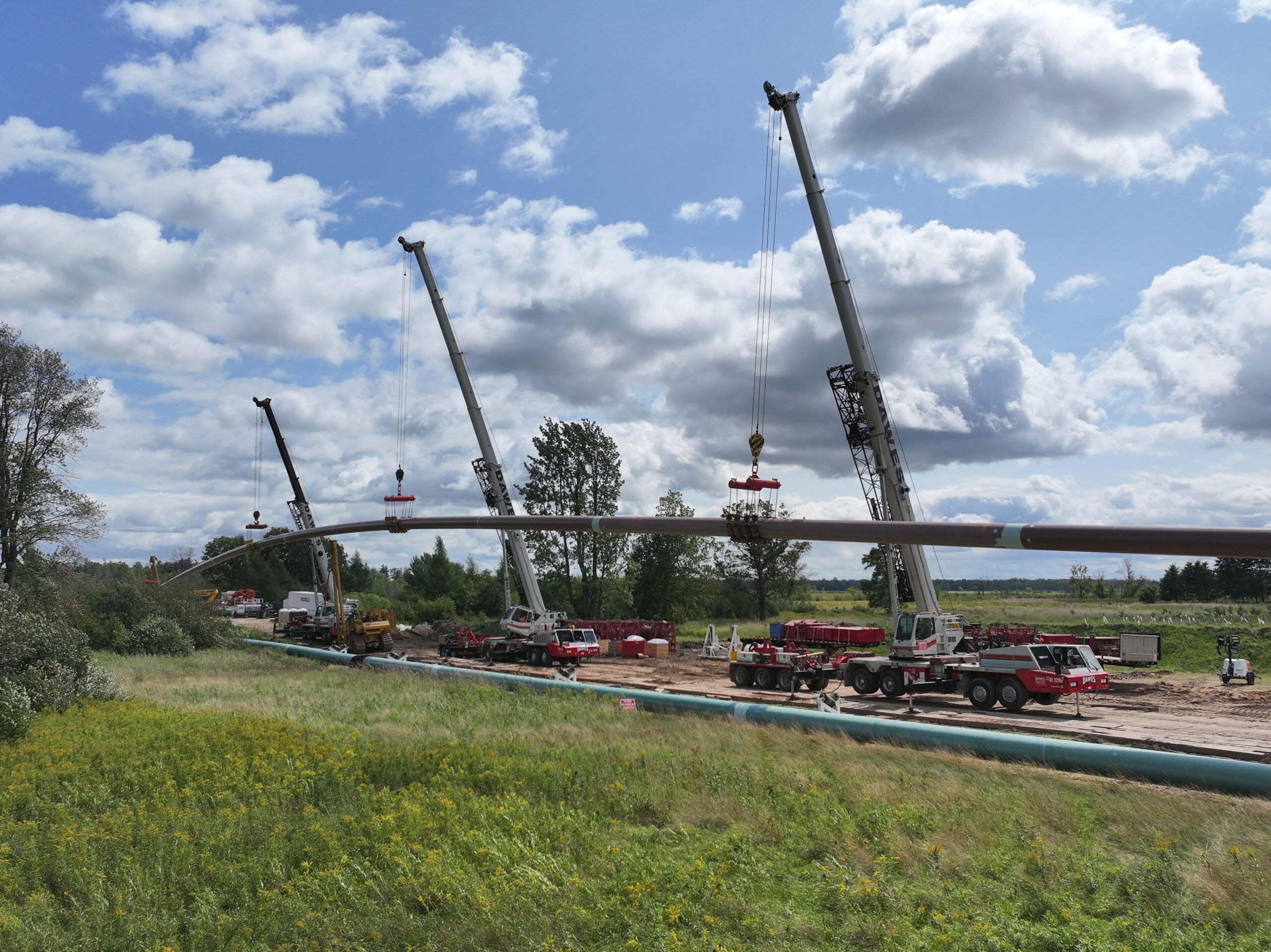The Wisconsin Legislature’s budget-writing committee unanimously voted to boost borrowing for the state’s revolving loan programs by more than $700 million to help communities fund upgrades to water infrastructure.
The Joint Committee on Finance voted Thursday to increase borrowing by $732.2 million under the state’s Environmental Improvement Fund, which includes the clean water fund and safe drinking water loan programs.
The fund is supported by federal grants that require a 20 percent state match that generally needs to be in hand prior to receiving federal funds. Lawmakers voted to increase borrowing by $73.6 million to meet the required state match for four years.
The committee also approved a $658.5 million increase to fund about 87 percent of anticipated financial need among communities. The state projects they will seek around $1.6 billion in loans for clean water and safe drinking water projects under the next two-year state budget, as well as nearly $1.3 billion in the 2027-29 biennium.
During Thursday’s meeting, committee co-chair State Sen. Howard Marklein, R-Spring Green, said it’s a big deal for communities who rely on the state’s loan programs.
“We’ve had significant investments in a couple of my communities for wastewater treatment plants and upgrades in their water systems, but also there’s some unmet demand here,” Marklein said.
Marklein’s district is not alone. The Wisconsin Department of Natural Resources has seen surging demand from communities seeking financial assistance to fund projects under the two loan programs. Wisconsin was unable to fund costs from 24 projects totaling $73.9 million for wastewater and stormwater upgrades in the current fiscal year, according to the Legislative Fiscal Bureau.

News with a little more humanity
WPR’s “Wisconsin Today” newsletter keeps you connected to the state you love without feeling overwhelmed. No paywall. No agenda. No corporate filter.
Surging demand for loans to finance water projects
Demand spiked 154 percent over the 10-year average for the clean water fund and 325 percent for the safe drinking water loan program during the previous fiscal year. The DNR attributes the increased demand to additional funding from the bipartisan infrastructure law that increased principal forgiveness on loans, which are essentially grants that communities don’t have to pay back.
Supply chain disruptions and high inflation during the COVID-19 pandemic, as well as upcoming federal requirements to use construction materials produced in America, may have played a role in increased demand.
Rep. Deb Andraca, D-Whitefish Bay, said she’s thrilled the state is investing in infrastructure needs. She said Wisconsin’s $4 billion surplus should be used for infrastructure, noting communities in her district are facing increases between 50 and 196 percent in their water bills.
“These investments will not only help our communities replace lead infrastructure, some of which is 80-90 years old, but also avoid cost increases, which is something that we all should be very, very concerned about,” Andraca said Thursday.

Sen. Eric Wimberger and Rep. Todd Novak were among lawmakers that called for increased funding. In a statement, Wimberger said communities across Wisconsin are dealing with aging infrastructure and new contaminants like PFAS.
“With these additional funds, municipalities will be able to access low-interest loans to modernize their water systems, saving local taxpayers millions of dollars and keeping their water clean for years to come at the same time,” Wimberger said.
Peter Burress, government affairs manager with Wisconsin Conservation Voters, said in a statement that bipartisan support for the program highlights the need for safe drinking water.
“Increasing the revenue bonding authority of the Safe Drinking Water Loan Program and the Clean Water Fund Program is a smart, substantive way to make progress on this goal,” Burress said.
Toni Herkert, government affairs director with the League of Wisconsin Municipalities, also said in a statement that increased bonding would prompte public health, economic development and benefit ratepayers.
“After projects were unable to be funded for the first time in the program’s history due to an unanticipated surge in demand, substantial action was needed in this budget to prevent further project delays that risk community growth and regulatory non-compliance,” that statement reads. “The Joint Finance Committee met this challenge head-on and provided the substantial investment that will pay dividends for decades to come in Wisconsin communities.”
The investment comes as the Wisconsin Department of Natural Resources could lose $55 million for loan programs under proposed budget cuts to the Environmental Protection Agency in 2026. President Donald Trump’s administration has said states should be responsible for funding their own water projects.
Editor’s note: A previous version of this story misspelled the names of Toni Herkert and Peter Burress. It has been updated with the correct spelling.
Wisconsin Public Radio, © Copyright 2026, Board of Regents of the University of Wisconsin System and Wisconsin Educational Communications Board.




